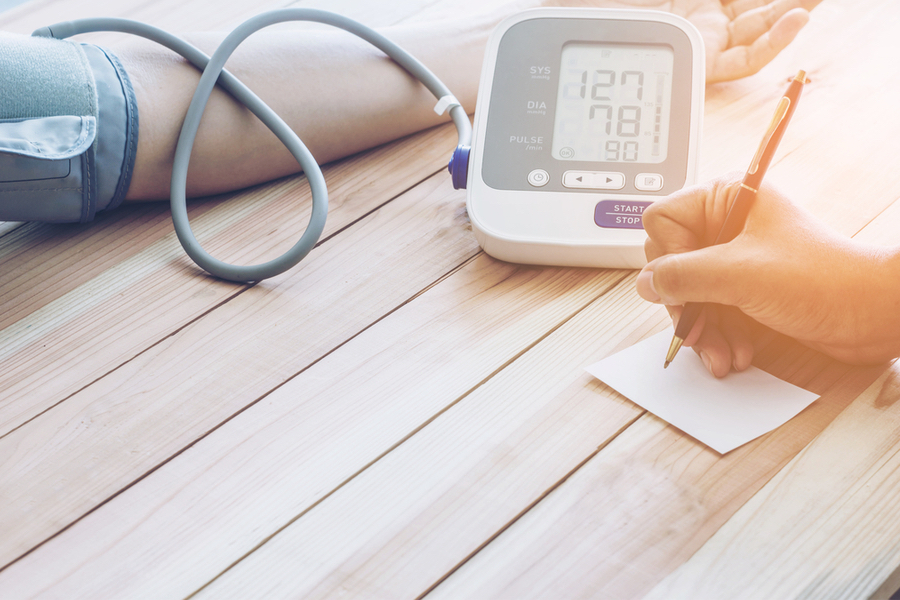I was compensated by Med-IQ through an educational grant from Sanofi to write about the realities of diabetes as a chronic disease. All opinions are my own.

Several people in my life have type 2 diabetes. One of them is my brother in law. I know how hard it was for him to face the diagnosis and then to follow treatment. It continues to be a struggle. This all affects both him and his immediate family.
That’s why I decided to partner with Med-IQ, to generate awareness around type 2 diabetes and how to advocate for one´s own treatment course with a healthcare team.
Med-IQ is an accredited medical education company that provides an exceptional educational experience for physicians, nurses, pharmacists, and other healthcare professionals.
Type 2 diabetes is common and silent
Type 2 diabetes is way more common than we may think, and is a silent disease. Over a third of adults in the U.S. have prediabetes, according to the CDC.
African American and Hispanic adults have a higher risk
African American adults are 60% more likely than non-Hispanic white adults to have been diagnosed with diabetes by a physician.
12.5% of Hispanics in the US have been diagnosed with diabetes – according to the American Diabetes Association website.
Even if there are no symptoms, damage is being done
Type 2 diabetes sometimes does not show symptoms. However, even if you have no symptoms, the illness is still damaging various organs in the body.
Most people find out they have type 2 diabetes through routine blood work
However, many adults with type 2 diabetes don’t know they have it. It’s important to keep up with wellness check-ups and bloodwork, since adult onset diabetes is often diagnosed after routine blood work.

The good news is, type 2 diabetes can be managed
You should always know your numbers: your cholesterol, blood pressure, blood sugar, and you should definitely get an annual physical.
This is what the CDC recommends when it comes to treatment (ABCs)
A: Get a regular A1C test to measure your average blood sugar over 2 to 3 months; aim
to stay in your target range as much as possible.
B: Try to keep your blood pressure below 140/90 mm Hg (or the target your doctor
sets).
C: Control your cholesterol levels
s: Stop smoking or don’t start.

How to prepare yourself for your doctor appointments when you have type 2 diabetes
Keep in mind that you are the best advocate for your own treatment. Nobody is more invested in your health than you are.
Do your homework before you go to your appointment. Write down questions and/or bring someone you trust to the appointment with you. They can take notes for you or help you ask questions if you are nervous.
Maybe keep the appointment focused only on diabetes, and schedule a different appointment for other issues, to make sure all your questions and concerns are properly answered.
Focus on building your diabetes care team
Diabetes type 2 affects the patient at different levels. It is important to enlist the help of different health professionals, such as a psychologist, a dietitian, an eye doctor, perhaps a foot doctor.
Having a team of doctors that address different aspects of the condition make it easier to manage. This is by no means a simple feat, but it is a vital part of successful treatment.

Commit to managing your health behavior and to making lifestyle changes
Since your diabetes may have gone undiagnosed for several years, the uncontrolled blood glucose may have caused damage to various organs in the body. Adults with poorly controlled or uncontrolled blood glucose have increased risks for heart attack, stroke, and heart failure.
This is not meant to scare you, but to make you aware of how important it is that you take charge of your health as soon as you are diagnosed.
Lifestyle changes like exercising, adopting adequate dietary habits, and perhaps taking medication if the doctor prescribes it, can help you get to your numbers target goal faster.
The overall goal is to receive therapy as soon as possible, and develop a strong relationship with your healthcare team to minimize the potential damage of this disease.
It is definitely manageable, but you need to be at the helm of your treatment.

Take this survey that includes additional information on type 2 diabetes management and enter to win 1 of 10 $100 VISA gift cards
Med-IQ is conducting an anonymous survey and would appreciate your input. The survey, which includes additional education on this topic, will take less than 15 minutes to complete. Survey responses are shared only in aggregate. To participate in the survey click here.
Your responses to these survey questions will provide Med-IQ with important information about your experiences with diabetes and your care team, which will help us develop future educational initiatives.
Once you’ve completed the survey, you will have the option of providing your email address to be entered into a drawing administered by SOMA Strategies to win 1 of 10 $100 VISA gift cards.
If you choose to enter, your email address will be used only to randomly draw the winners and notify them of their prize and to send a follow-up survey as part of this same initiative.
Disclaimer: Links to external sites are provided as a convenience and for informational purposes only. They are not intended and should not be construed as legal or medical advice, nor are they endorsements of any organization. Med-IQ bears no responsibility for the accuracy, legality, or content of any external site. Contact the external site for answers to questions regarding its content.






Leave a Reply